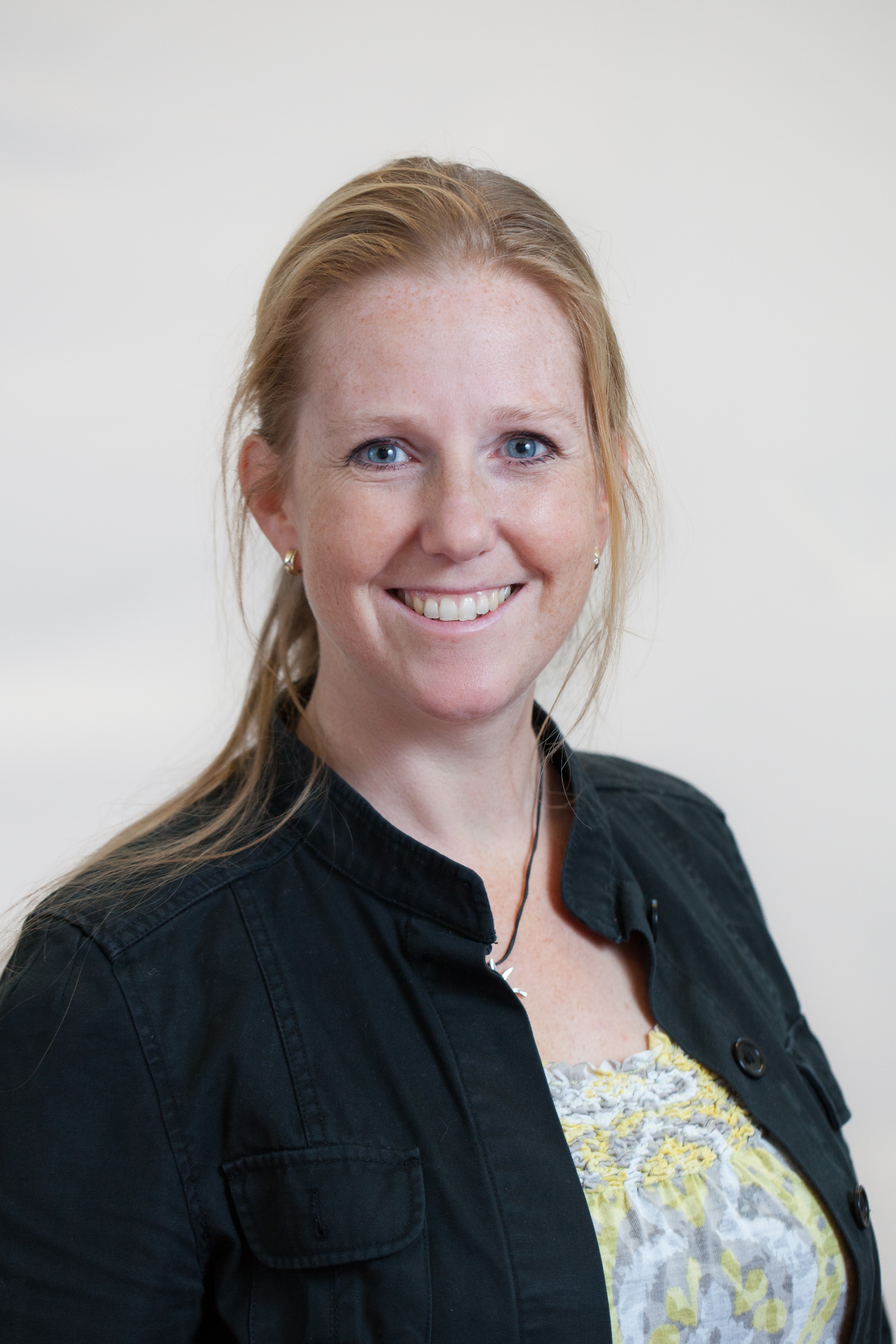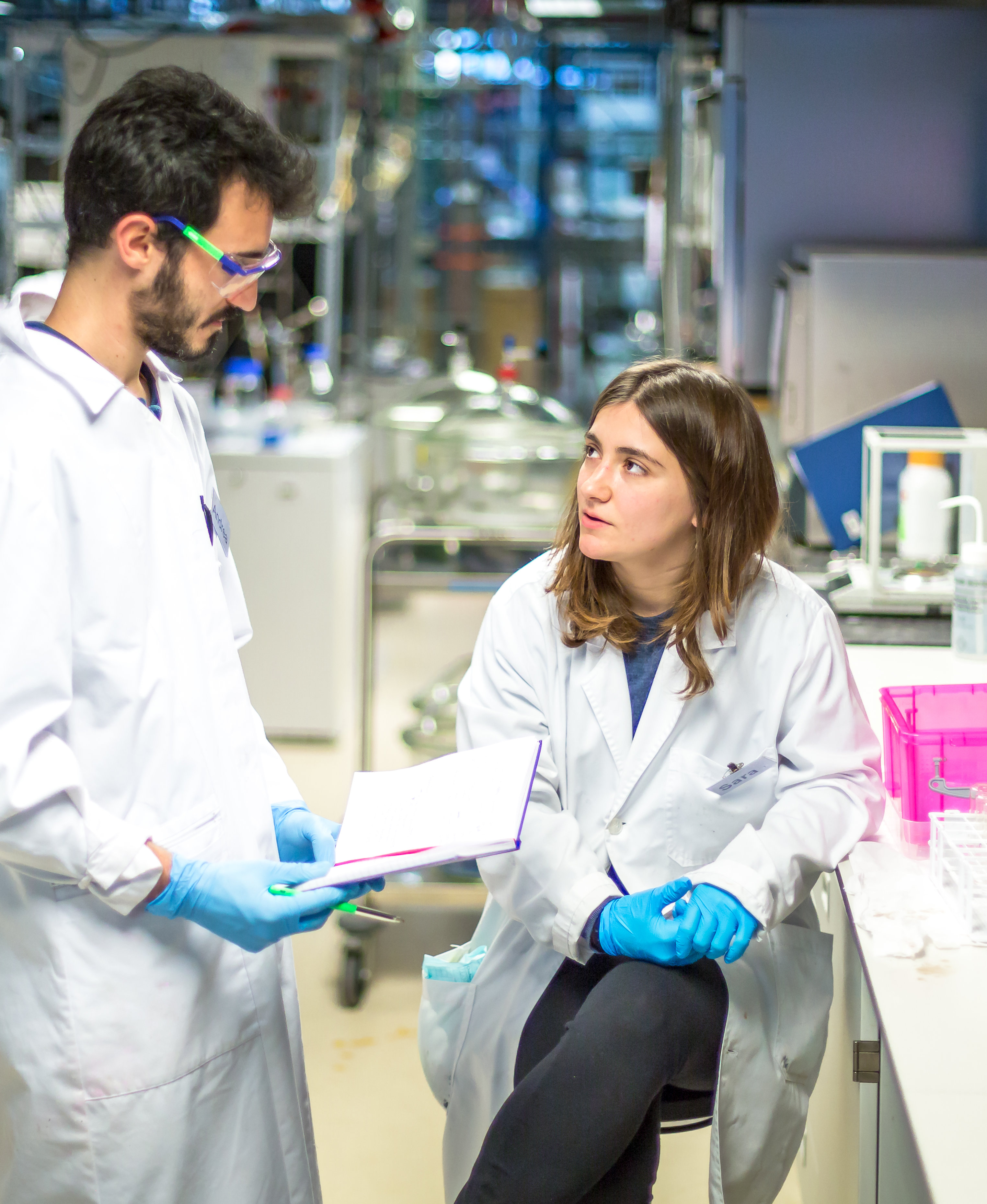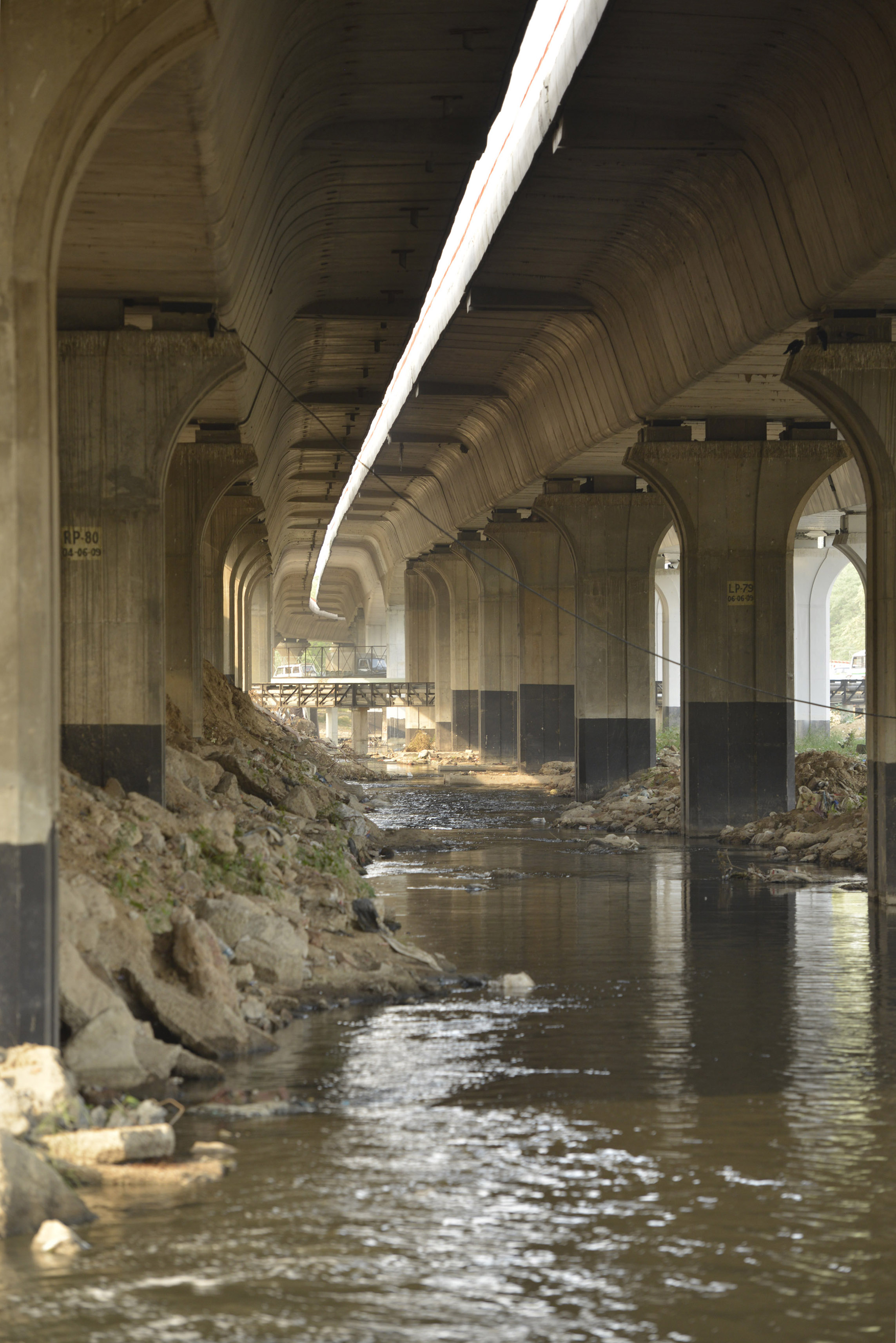Clean Water
Delft technology for recycling wastewater in India
In India's megacities, most wastewater flows unhindered through old water-drainage systems. These heavily polluted open sewers pose a serious threat to health and the environment. The size and complexity of this urgent problem has now been recognised by India's government and its academic community. India and the Netherlands are collaborating in a large-scale research project led by Professor Merle de Kreuk from TU Delft. The research is being carried out in the Netherlands, but the actual water treatment will be carried out by Indian staff.
Prototype within five years
TU Delft is helping to set up a wastewater treatment plant in New Delhi, one of the most heavily polluted cities in India. Professor Merle de Kreuk hopes to create a working prototype in India within five years that will serve 1000 people. She then wants to use this prototype as the basis for a design that can be of immediate benefit to 5000 people per plant. The availability of usable water for agricultural irrigation, for example, will have a direct impact on the health of the surrounding population and on local enterprise. Moreover, the treatment plants will contribute to a better living environment by reusing wastewater and by using the biogas recovered from polluted water as a source of energy.
Knowledge transfer
Knowledge transfer is an important cornerstone in this project. Merle: "The current Western approach where international companies build large treatment plants does not work, because there is often no local anchoring. This means that the knowledge disappears as soon as the company, after a few years, shifts its focus and leaves. Small decentralized, low-tech and low-budget purges are the solution and research is needed for this. "
Knowledge transfer takes place in pairs of Asian and Dutch students. Asian students study the research in Delft and apply this knowledge in Asia. And Dutch students and researchers learn from them which applications are locally feasible. Their assignment: treating the wastewater with biofilters made from an improved form of rock wool.
Biofilters for purification and green living environment
The used biofilters, drainblocks, are made of an improved form of rock wool. This is a material of high porosity that allows bacteria to grow and then purify the water. In addition, it also works as a filter that stops floating particles. Plants can also grow on it, which purifies the water as well. In the end, these drain blocks do not only purify the water but also contribute to a greener, healthier and safer environment.
Join us!
Delft University Fund supports research with major societal impact. Thanks to generous contributions from alumni and others, we have been able to start an exchange programme for Dutch and Indian students in 2018 as well as a research project to test treatment filters. Your support can make a difference. Help researchers and future engineers from India and the Netherlands to create a sustainable and healthy living environment!
Wastewater treatment is my specialist field, but teaching is my passion. I want to transfer knowledge so that people can help themselves.
Photo's by: BAS LOSEKOOT PHOTOGRAPHY




